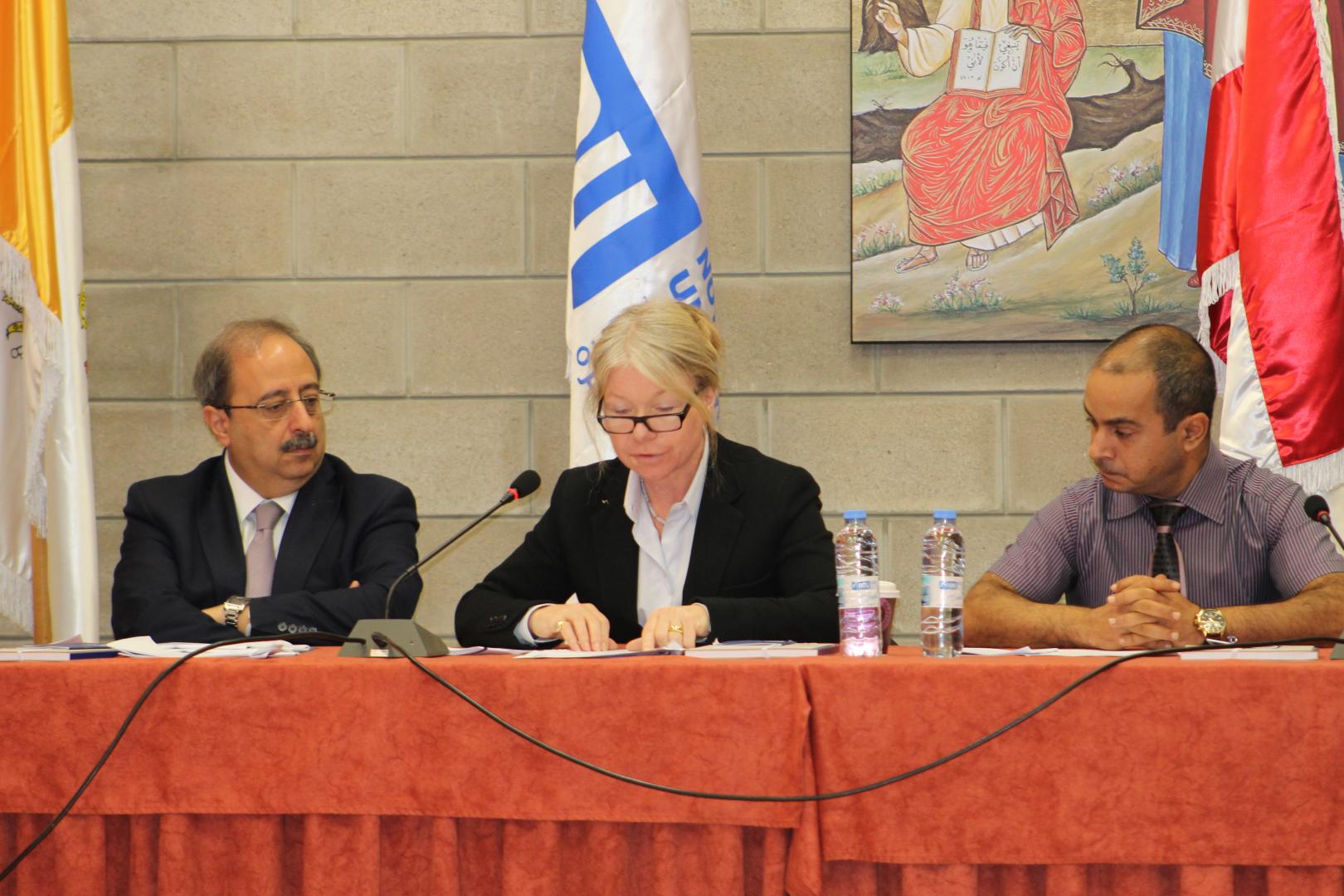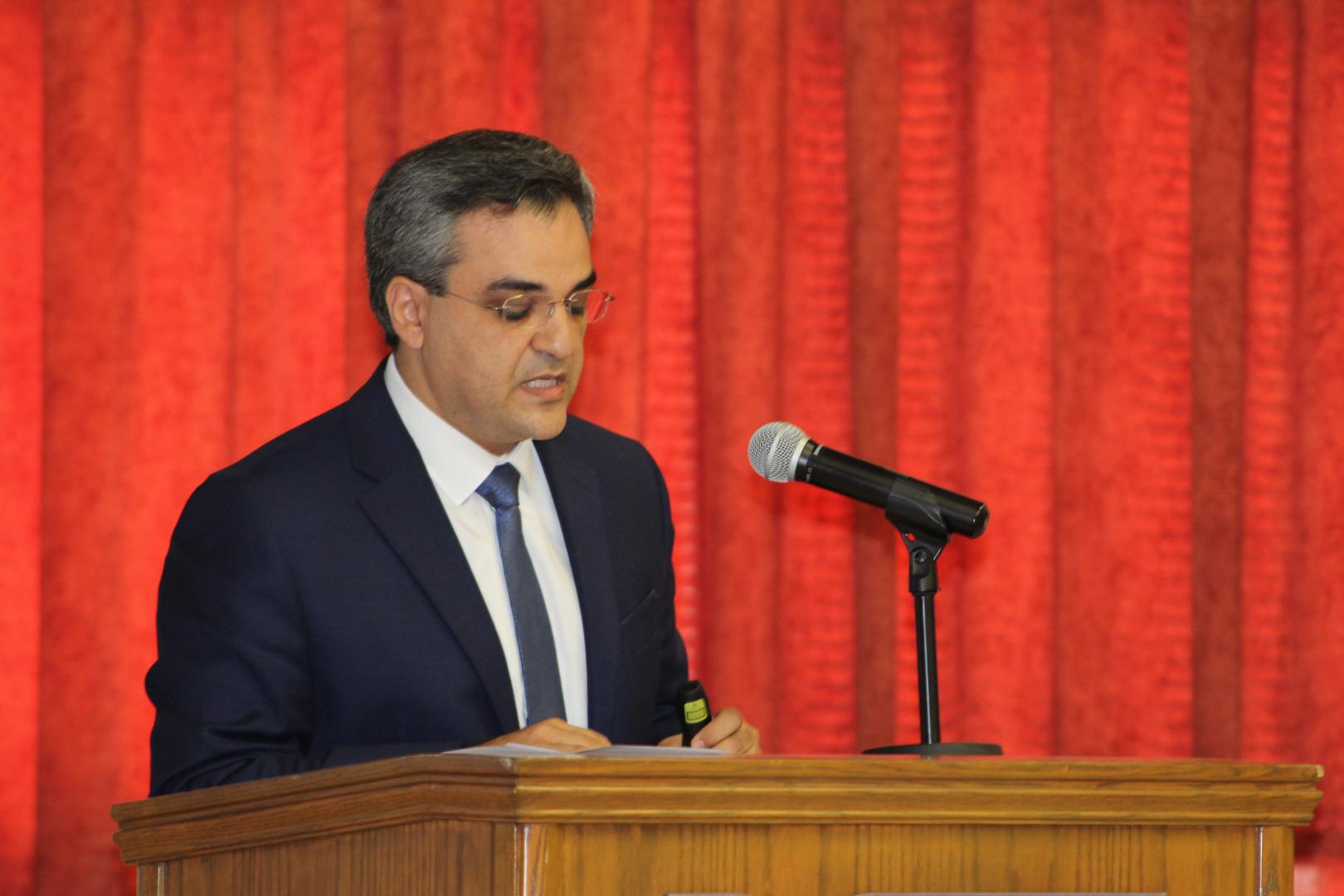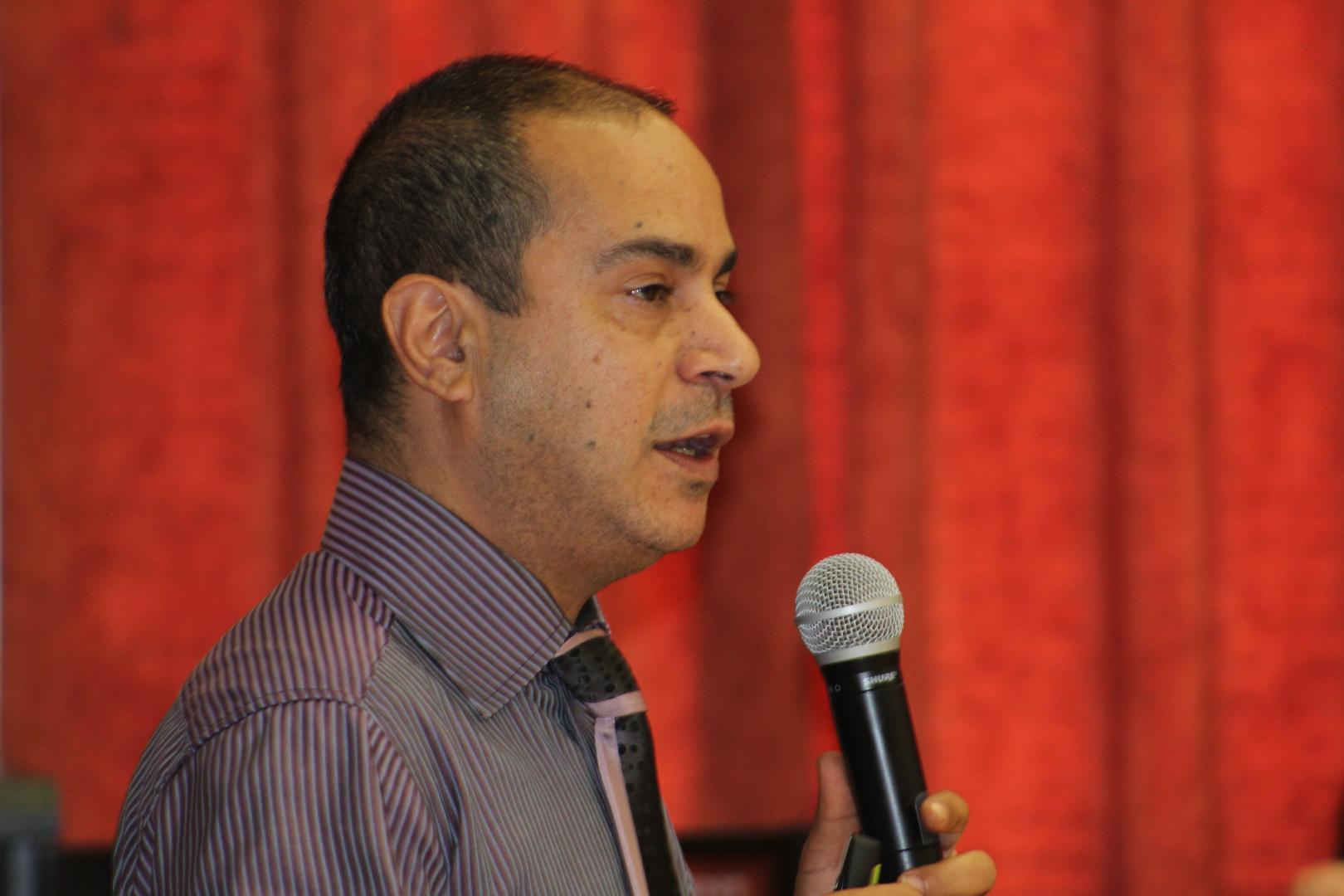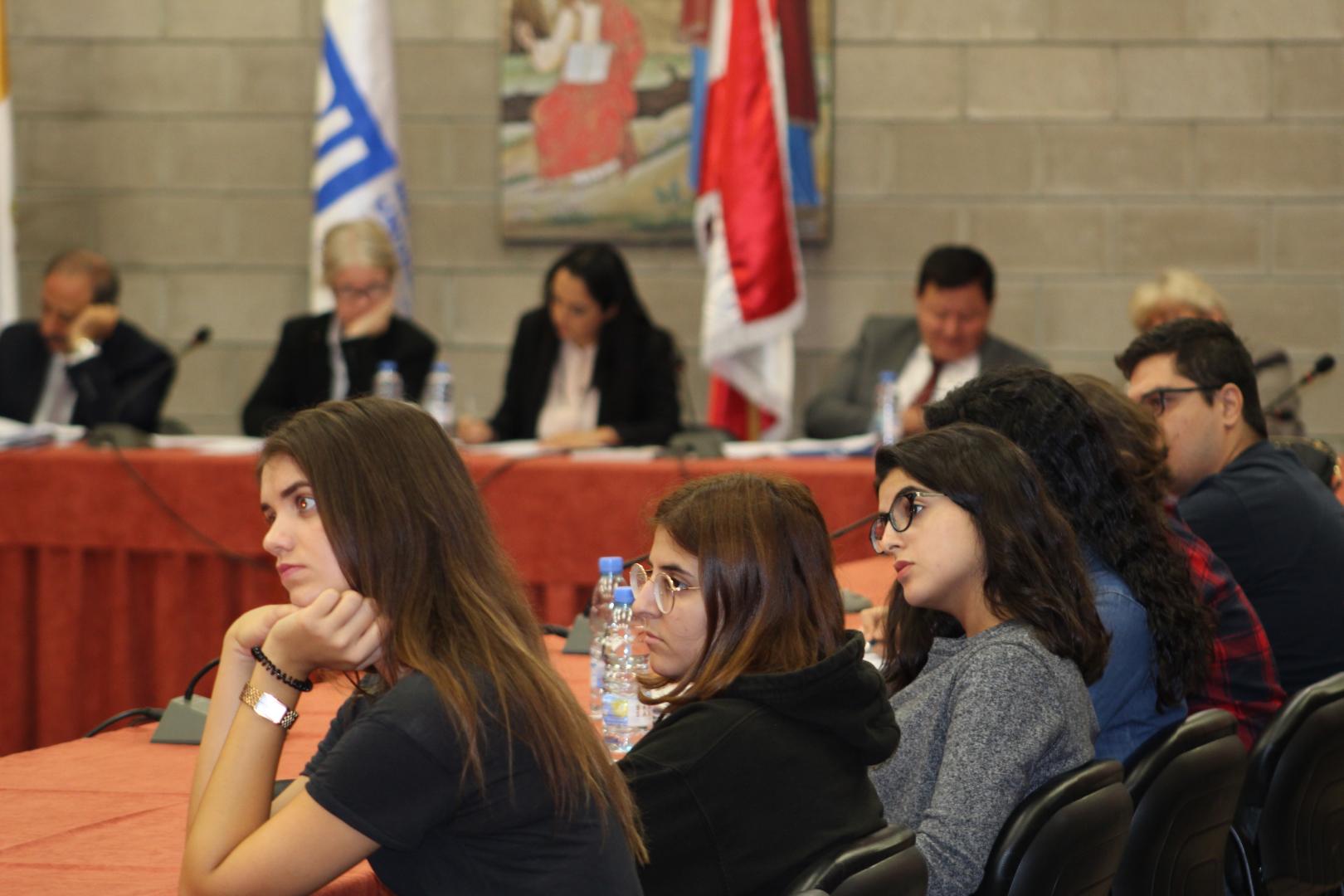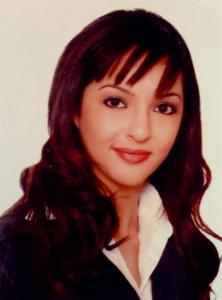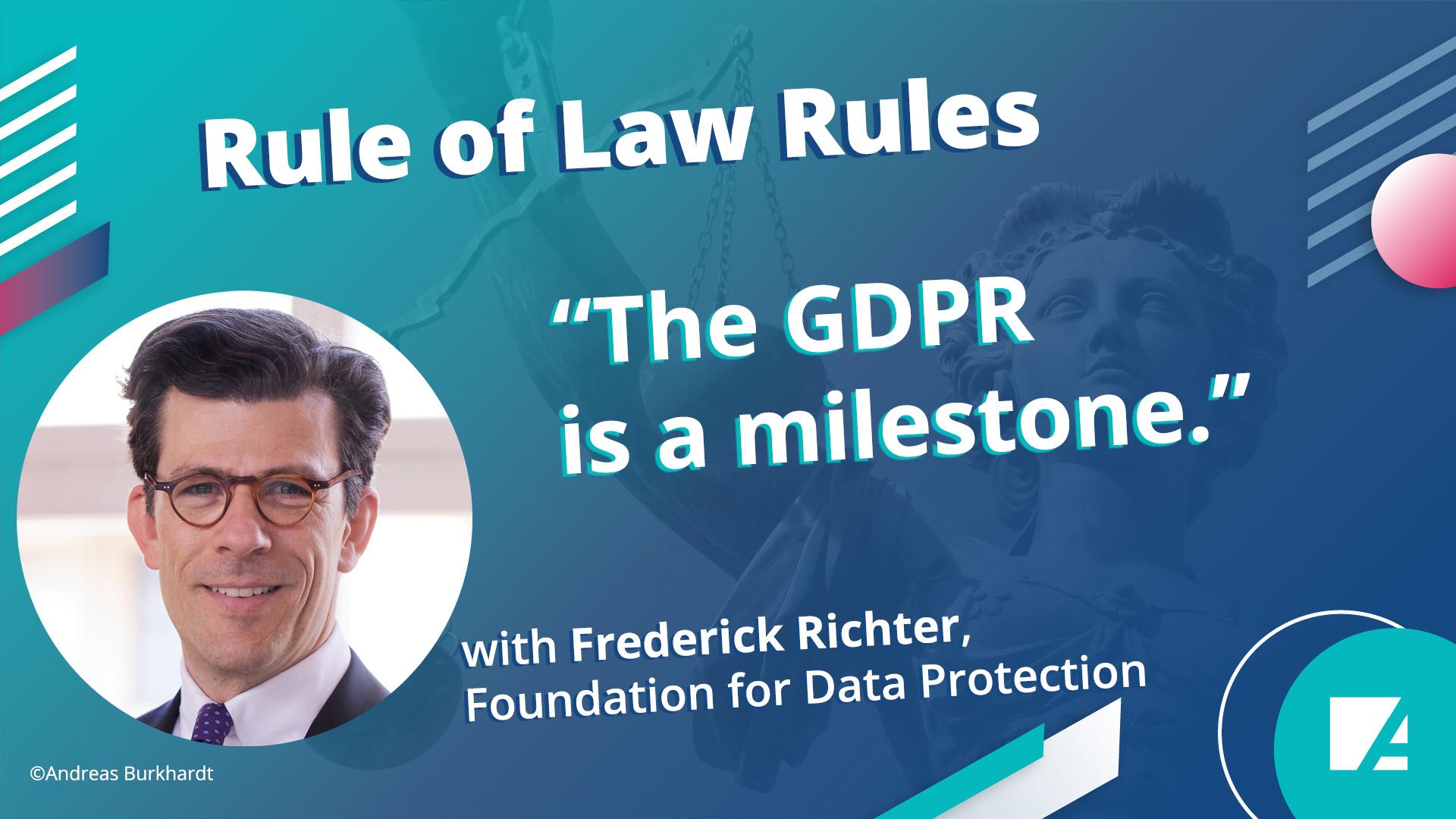From June to October, 2018, and linking up to the previous year’s round-table on constitutions and state-building, the Rule of Law Programme Middle East / North Africa of the Konrad-Adenauer-Stiftung in cooperation with Notre Dame University conducted a series of workshops on constitutional history and the development of the Lebanese state. The round tables brought together legal scholars and representatives of governmental institutions in order to revisit and discuss achievements and challenges during the past 100 years. During the workshops the participants addressed, in particular, the following topics:
Confessional Consociationalism, Constitutional Order and Future Perspectives
Consociationalism has been a key aspect of Lebanese politics over the past 100 years and again in the recently held elections. While some voices claim that the Lebanese state has failed to provide the Lebanese people with the necessary tools to build an over-arching Lebanese national identity that unites the Lebanese beyond their sects and religions, others suggest that this diversity and plurality is what constitutes the Lebanese identity with no need to go beyond. On that basis the discussants deliberated the concepts of Consociationalism, power sharing, legitimacy, stability in post-conflict Lebanon and the means to developing the Lebanese political system away from secession.
Public Institutions and Authorities, Checks and Balances in the Constitutional Order
According to the participants, the institutional translation of the constitutional vagueness and the sectarian challenges would reveal that the Lebanese public institutions are being built on a similarly weak basis, that opens the door for personalization, clientalism, feudalism, etc. Moreover, the alleged weak application of separation of powers and checks and balances, an unbalanced division of competences among the different authorities, and an adapted/mutated parliamentary system would be an obstacle for democracy and accountability in Lebanon. The discussants tackled questions related to the conflicting principles adopted in Lebanon: How does the Lebanese constitution unite these principles, how is it reflected in politics? Which ways have other countries taken and to what avail? What would be the future of the democratic principle in Lebanon?
Democratic Principle and Representation
Among other challenges faced by Lebanon over the past 100 years, is the level and form of adopted democracy. Between the vagueness of the constitution, the need to adapt democracy to sectarianism and the competing institutions, the participants argued that Lebanon’s democracy has been suffering significantly. In the course of the workshops the discussants addressed the understanding of democracy, the political landscape and suitable options for the electoral system in Lebanon.
The roundtable series, guided by the theme “knowledge of the past for the future” reflected on traditional political practices and was an opportunity of rethinking these practices in face of new challenges to the rule of law in Lebanon. Throughout the workshops, academics, legal practitioners and political figures, including young leaders, analysed structures and processes in state-building, fundamental rights and political participation.



